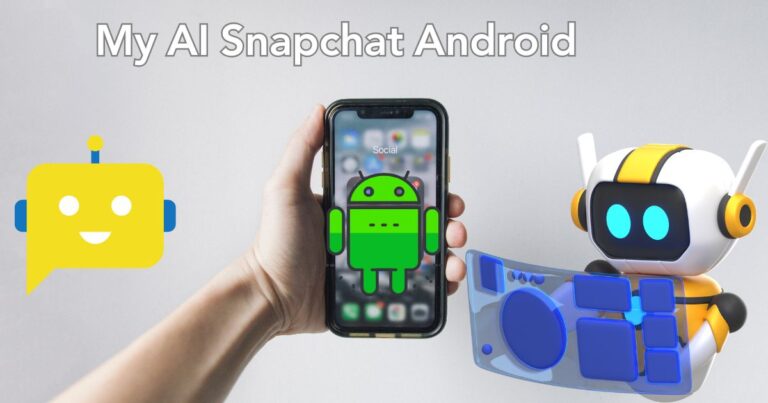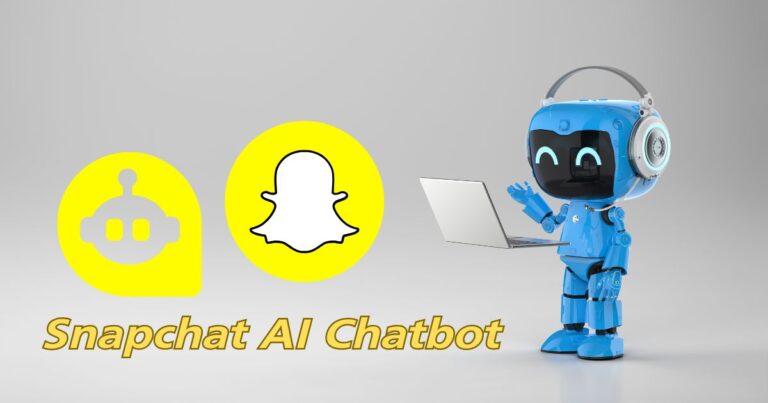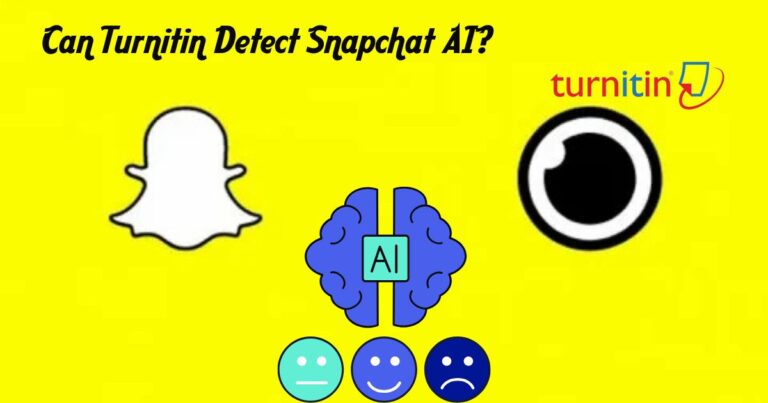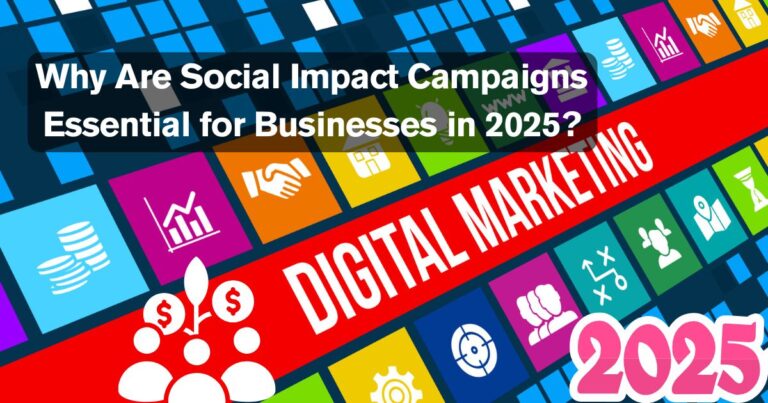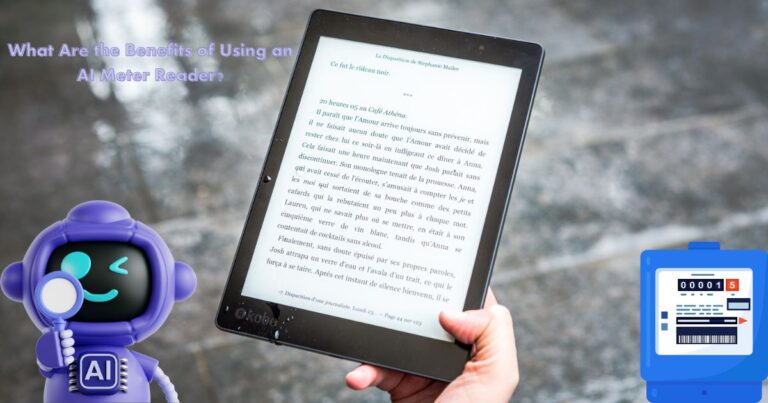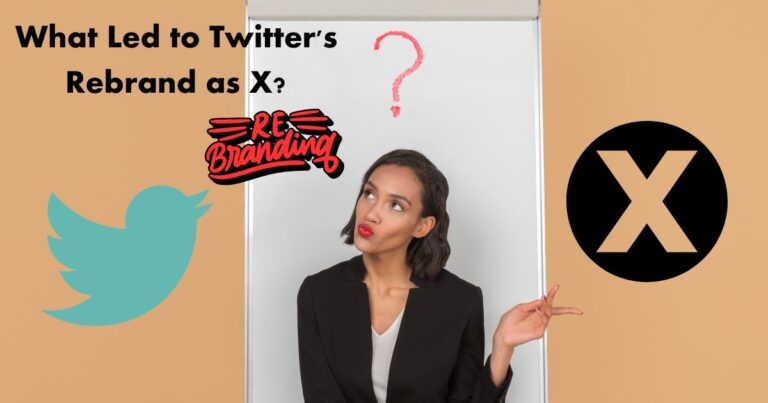
Is Snapchat AI Content Considered Plagiarism?
With AI tools becoming popular in content creation, questions of originality and copyright are in focus. Snapchat’s AI tools for generating text and filters raise concerns: could AI-generated content be considered plagiarism?
How Snapchat AI Works
Snapchat’s AI relies on machine learning algorithms trained on diverse data, allowing it to create content like text responses and image filters. Rather than copying any source,
it analyzes patterns across large datasets to produce original outputs, reducing the risk of direct plagiarism. However, AI content still raises unique questions about ownership.
Plagiarism in the AI Context
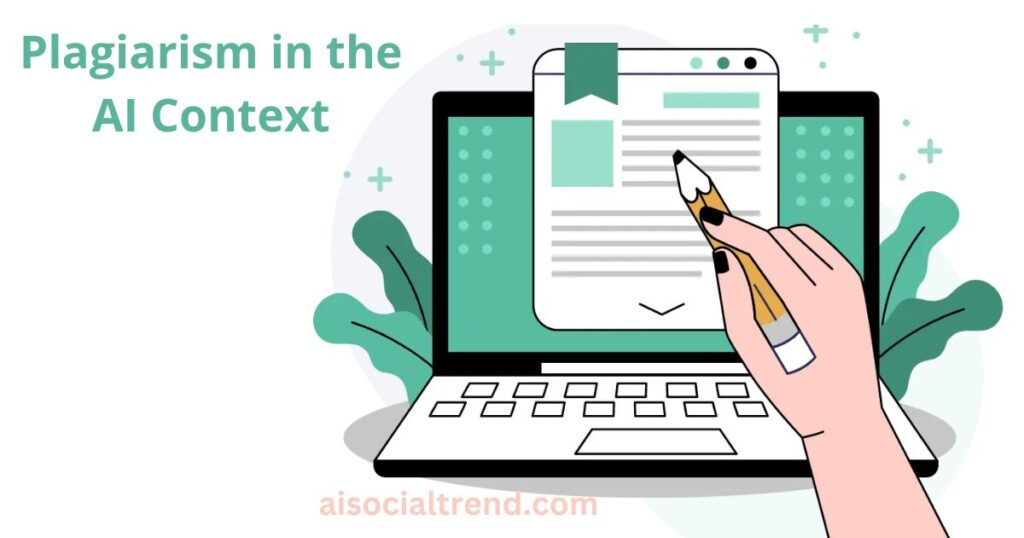
Plagiarism in the AI Context
Plagiarism usually involves using someone else’s work without acknowledgment. While Snapchat’s AI bot doesn’t copy specific works, it can generate outputs that echo popular themes.
While generally unintentional, this overlap sometimes leads to concerns about originality, especially if AI-generated content resembles existing styles or widely used formats.
Snapchat’s Approach to Avoiding Plagiarism
Snapchat uses a few measures to limit plagiarism risks:
- Diverse Training Data: Snapchat AI’s training data is broad, reducing the chance of directly copying any single work.
- Algorithmic Safeguards: Snapchat’s AI includes checks to prevent content replication.
- Unique Outputs: Each AI output, such as filters or text responses, is generated uniquely for each user.
User Responsibility with AI Content
While Snapchat works to avoid plagiarism, users also play a role. Using AI-generated content as a starting point, adding personal touches, and acknowledging AI assistance for professional uses help maintain originality and reduce ethical concerns.
Conclusion
Snapchat AI content isn’t typically considered plagiarism, as the platform’s design focuses on originality. However, users should approach AI content responsibly to maintain integrity, as AI continues to evolve alongside our understanding of originality and authorship.
FAQs For Is Snapchat AI Content Considered Plagiarism?
Can Snapchat AI content be used commercially without the risk of plagiarism?
Snapchat AI content is usually safe for personal and casual use. However, for commercial purposes, it’s best to adapt or customize AI outputs to ensure originality and avoid ethical concerns related to authorship.
How does Snapchat ensure its AI doesn’t copy specific works?
Snapchat’s AI relies on diverse datasets, making it unlikely for any single work to be copied. Additionally, Snapchat includes algorithmic checks to avoid content replication
Do I need to credit Snapchat AI if I use its content?
While it’s not mandatory, acknowledging that content was AI-assisted can clarify its origin, especially in professional settings, helping maintain transparency and ethical integrity.
Can AI-generated content accidentally resemble someone else’s work?
Yes, AI-generated content may resemble widely used themes or popular formats. However, Snapchat’s diverse training data minimizes the risk of direct resemblance to any one creator’s work.

